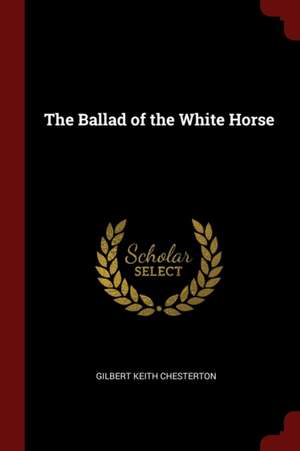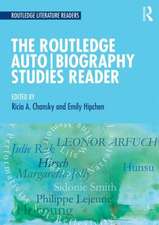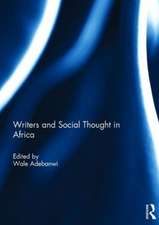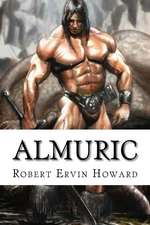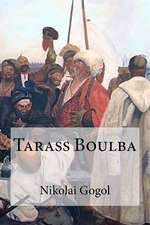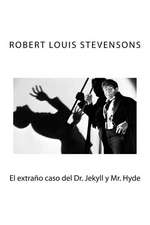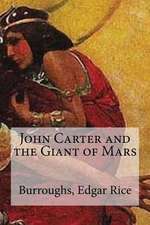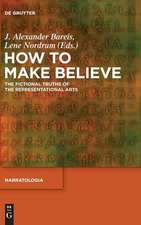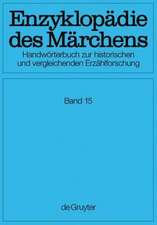The Ballad of the White Horse
Autor G. K. Chestertonen Limba Engleză Paperback – 20 aug 2017
The Ballad of the White Horse
By G.K. Chesterton
This ballad needs no historical notes, for the simple reason that it does not profess to be historical. All of it that is not frankly fictitious, as in any prose romance about the past, is meant to emphasize tradition rather than history. King Alfred is not a legend in the sense that King Arthur may be a legend; that is, in the sense that he may possibly be a lie. But King Alfred is a legend in this broader and more human sense, that the legends are the most important things about him.
The cult of Alfred was a popular cult, from the darkness of the ninth century to the deepening twilight of the twentieth. It is wholly as a popular legend that I deal with him here. I write as one ignorant of everything, except that I have found the legend of a King of Wessex still alive in the land. I will give three curt cases of what I mean. A tradition connects the ultimate victory of Alfred with the valley in Berkshire called the Vale of the White Horse. I have seen doubts of the tradition, which may be valid doubts. I do not know when or where the story started; it is enough that it started somewhere and ended with me; for I only seek to write upon a hearsay, as the old balladists did. For the second case, there is a popular tale that Alfred played the harp and sang in the Danish camp; I select it because it is a popular tale, at whatever time it arose. For the third case, there is a popular tale that Alfred came in contact with a woman and cakes; I select it because it is a popular tale, because it is a vulgar one. It has been disputed by grave historians, who were, I think, a little too grave to be good judges of it. The two chief charges against the story are that it was first recorded long after Alfred's death, and that (as Mr. Oman urges) Alfred never really wandered all alone without any thanes or soldiers. Both these objections might possibly be met. It has taken us nearly as long to learn the whole truth about Byron, and perhaps longer to learn the whole truth about Pepys, than elapsed between Alfred and the first writing of such tales. And as for the other objection, do the historians really think that Alfred after Wilton, or Napoleon after Leipsic, never walked about in a wood by himself for the matter of an hour or two? Ten minutes might be made sufficient for the essence of the story. But I am not concerned to prove the truth of these popular traditions. It is enough for me to maintain two things: that they are popular traditions; and that without these popular traditions we should have bothered about Alfred about as much as we bother about Eadwig.
Contents
DEDICATION
- BOOK I. THE VISION OF THE KING
- BOOK II. THE GATHERING OF THE CHIEFS
- BOOK III. THE HARP OF ALFRED
- BOOK IV. THE WOMAN IN THE FOREST
- BOOK V. ETHANDUNE: THE FIRST STROKE
- BOOK VI. ETHANDUNE: THE SLAYING OF THE CHIEFS
- BOOK VII. ETHANDUNE: THE LAST CHARGE
- BOOK VIII. THE SCOURING OF THE HORSE
| Toate formatele și edițiile | Preț | Express |
|---|---|---|
| Paperback (15) | 41.37 lei 43-57 zile | |
| CREATESPACE – | 43.50 lei 22-36 zile | |
| Dover Publications – 30 iun 2010 | 44.94 lei 22-36 zile | |
| CREATESPACE – | 46.59 lei 22-36 zile | |
| CREATESPACE – | 47.86 lei 22-36 zile | |
| CREATESPACE – | 52.92 lei 22-36 zile | |
| CREATESPACE – | 55.84 lei 22-36 zile | |
| – | 58.62 lei 22-36 zile | |
| CREATESPACE – | 94.75 lei 22-36 zile | |
| – | 41.37 lei 43-57 zile | |
| Digireads.com – 3 iul 2021 | 52.22 lei 43-57 zile | |
| COSIMO CLASSICS – 31 oct 2007 | 79.05 lei 43-57 zile | |
| Parvus Magna Press – 4 mai 2016 | 91.86 lei 43-57 zile | |
| CHIZINE PUBN – 20 aug 2017 | 96.26 lei 17-23 zile | |
| Foreman Press – 25 oct 2007 | 129.16 lei 43-57 zile | |
| LIGHTNING SOURCE INC – 26 mai 2018 | 139.95 lei 17-23 zile | |
| Hardback (1) | 116.33 lei 43-57 zile | |
| Alicia Editions – 7 iul 2020 | 116.33 lei 43-57 zile |
Preț: 96.26 lei
Nou
18.43€ • 20.02$ • 15.49£
Comandă specială
Livrare economică 26 martie-01 aprilie
Specificații
ISBN-10: 1375714368
Pagini: 162
Dimensiuni: 156 x 234 x 9 mm
Greutate: 0.24 kg
Editura: CHIZINE PUBN
Textul de pe ultima copertă
One of the last great epic poems, this tale unfolds in the Vale of the White Horse, where Alfred fought the Danes in a valley beneath an ancient equine figure etched upon the Berkshire hills. Chesterton employs the mysterious image as a symbol of the traditions that preserve humanity. His allegory of the power of faith in the face of an invasive foe was much quoted in the dark days of 1940, when Britain was under attack by Nazis. This new edition offers an authoritative, inexpensive version of Chesterton's inspiring work.Dover (2010) unabridged republication of the edition published by John Lane Company, New York, 1911."
